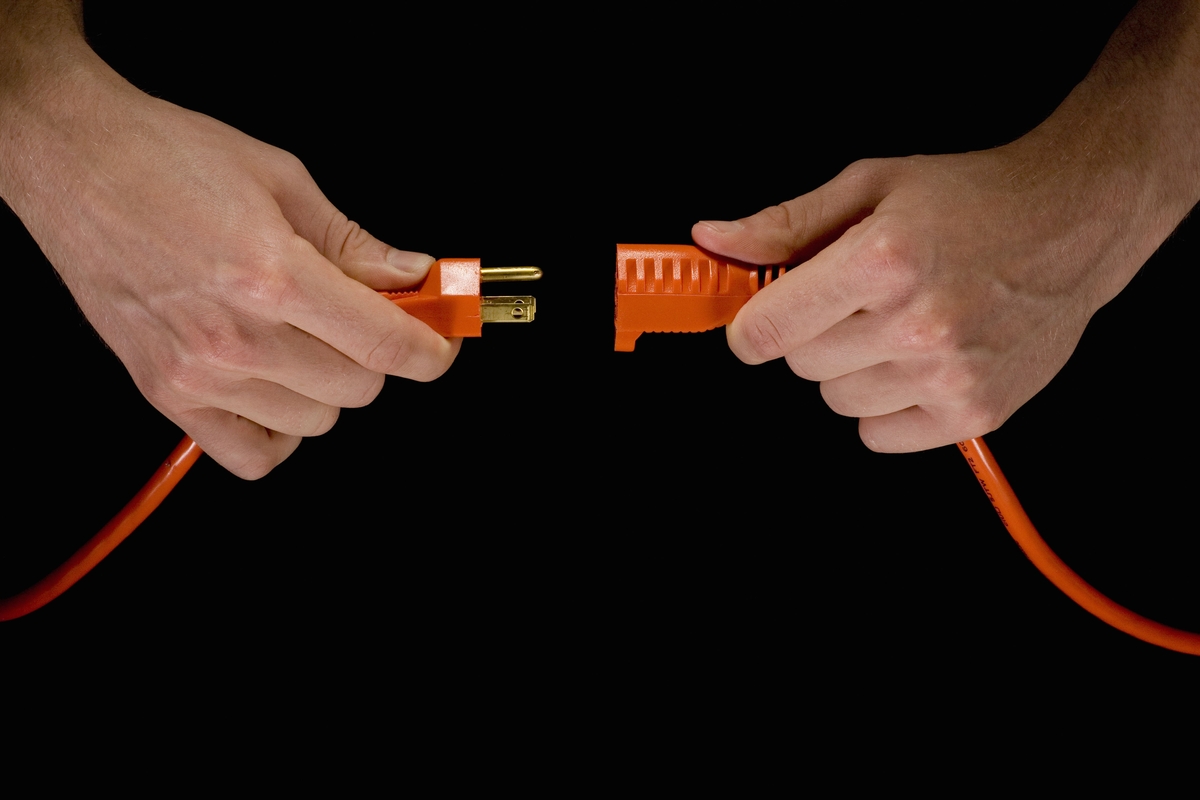

Articles
How Long Can I Use An Extension Cord
Modified: December 7, 2023
Discover the ideal length for using an extension cord in this informative article. Learn how to keep your electrical devices safe and efficient.
(Many of the links in this article redirect to a specific reviewed product. Your purchase of these products through affiliate links helps to generate commission for Storables.com, at no extra cost. Learn more)
Introduction
An extension cord is a valuable tool that allows us to conveniently access electrical power in areas that are not easily reachable by wall outlets. Whether you are setting up a temporary workstation, powering outdoor equipment, or simply need to extend the reach of your electrical devices, an extension cord can provide the flexibility you need. However, it is important to understand the limitations and considerations when using an extension cord to ensure safety and optimal performance.
In this article, we will explore various factors to consider when using an extension cord, general guidelines to follow, safety precautions to take, and the benefits of using extension cords properly.
By understanding these key points, you can make informed decisions and maximize the usefulness of your extension cord while keeping your electrical devices and yourself safe.
Key Takeaways:
- Choosing the right extension cord length and wire gauge, considering power consumption and appliance type, ensures safe and efficient power distribution without compromising performance or risking electrical hazards.
- Proper use of extension cords offers flexibility, safe power distribution, and cost-effective solutions, making them a valuable tool for accessing electrical power in various settings while prioritizing safety and convenience.
Factors to Consider
When using an extension cord, there are several factors to consider to ensure that it meets your specific needs and operates safely. Let’s take a closer look at the key factors to consider:
Length of Extension Cord
The length of the extension cord plays a crucial role in determining its effectiveness. Using a cord that is too short may limit your ability to reach the desired area, while using a cord that is too long can result in power loss. It is important to choose an extension cord with an appropriate length for your specific application.
Wire Gauge of Extension Cord
The wire gauge of the extension cord refers to the thickness of the wires inside it. Thicker wires have a lower gauge number and can carry more power without overheating. When choosing an extension cord, consider the power requirements of your appliances and select a cord with an appropriate wire gauge to support the electrical load.
Total Power Consumption
Before using an extension cord, it is essential to determine the total power consumption of the devices that will be plugged into it. This includes considering the wattage of each appliance or machine and adding them up to calculate the total power consumption. This information will help you choose an extension cord that can handle the power demands without being overloaded.
Read more: How Far Can I Run An Extension Cord
Type of Appliances
The type of appliances or electronics you intend to power with the extension cord is another crucial factor to consider. Some devices, such as refrigerators or air conditioners, require a steady and consistent supply of power. In contrast, more delicate devices like laptops or smartphones may require a stable power flow to prevent damage. Ensure that the extension cord you select is suitable for the specific appliance requirements.
By considering these factors, you can choose the right extension cord that matches your needs, ensures proper power distribution, and avoids any potential hazards or electrical malfunctions.
General Guidelines
When using an extension cord, following some general guidelines will help ensure optimal performance and safety. Let’s explore these guidelines in detail:
Maximum Recommended Length
Every extension cord has a maximum recommended length, beyond which power transmission can be compromised. It is essential to check the manufacturer’s specifications for the extension cord you are using and avoid exceeding the recommended length. By staying within the recommended length, you can minimize power loss and maximize the effectiveness of the extension cord.
Wire Gauge Recommendations
Choosing the right wire gauge for your extension cord is critical to avoid overheating and power loss. Generally, thicker wire gauges (lower numbers) can handle higher electrical loads without heating up. Understanding the power requirements of your appliances and the length of the extension cord will help you choose a cord with an appropriate wire gauge that can handle the anticipated power demands efficiently.
Read more: How Long Can A 220V Extension Cord Be
Indoor vs. Outdoor Use
Extension cords are designed for specific environments, such as indoor or outdoor use. Using the wrong type of extension cord can lead to safety hazards and electrical malfunctions. Indoor extension cords are not designed to withstand harsh weather conditions, moisture, or exposure to the sun, so it is crucial to use outdoor-rated extension cords for outdoor use. Be sure to check the labels and markings on the cord to ensure you are using the appropriate type for your specific needs.
Voltage Drop Considerations
When using long extension cords or cords with smaller wire gauges, voltage drop can occur. Voltage drop refers to the reduction in voltage due to the resistance within the cord. It can impact the performance of your electrical devices, especially those with sensitive components. To minimize voltage drop, choose an extension cord with an appropriate wire gauge and length. Additionally, consider using a shorter extension cord or relocating the appliance closer to the power source if you notice a significant voltage drop.
By following these general guidelines, you can ensure the proper use and performance of your extension cord, reducing the risk of electrical hazards and optimizing the functionality of your electrical devices.
Safety Precautions
Using extension cords safely is vital to protect yourself, your property, and your electrical devices. Let’s explore some important safety precautions to keep in mind:
Inspecting Extension Cords
Before using an extension cord, it is crucial to inspect it for any signs of damage or wear. Check for frayed wires, exposed conductors, or loose connections. If you notice any damage, do not use the cord and replace it with a new one. Regularly inspecting and maintaining your extension cords will help prevent dangerous electrical incidents.
Proper Usage and Storage
Use extension cords for their intended purpose only. Do not overload the cord by plugging in appliances that exceed its power rating. Avoid running extension cords through doorways, windows, or under carpets, as these can cause damage to the cord and create a tripping hazard. When not in use, store the cord in a cool, dry place to prevent it from being exposed to excessive heat or moisture.
Avoiding Overloading
Overloading an extension cord can lead to overheating and potential fire hazards. Determine the power requirements of your appliances and ensure that the total load does not exceed the cord’s rating. If you have multiple high-power devices to connect, consider using a power strip with built-in overload protection instead of relying solely on extension cords.
Avoiding Overheating
Extension cords can overheat when they are used beyond their capacity or when covered by flammable objects. Make sure the extension cord is not coiled or tangled, as this can cause heat build-up. Avoid using extension cords in areas with excessive heat or near heating appliances. If you notice any signs of overheating, such as a burning smell or hot plugs, immediately unplug the cord and discontinue its use.
By following these safety precautions, you can minimize the risk of electrical accidents and ensure the safe and effective use of your extension cords.
Benefits of Using Extension Cords Properly
Using extension cords properly offers several benefits that can enhance your electrical setup and provide convenience. Let’s explore these benefits in detail:
Convenience and Flexibility
Extension cords provide the convenience of accessing electrical power in areas where wall outlets may not be easily accessible. They allow you to move and position your electrical devices or appliances according to your needs. Whether you need to power tools in your garage or set up a temporary workstation in your living room, extension cords provide the flexibility to do so without limitations.
Safe Power Distribution
Properly using extension cords allows for safe power distribution. By correctly matching the power demands of your appliances with the appropriate extension cord, you can ensure that each device receives the necessary power without overloading the cord. This reduces the risk of electrical hazards and maintains the longevity of your electrical devices.
Cost-effective Solution
Using extension cords can be a cost-effective solution compared to permanent electrical installations or the need for an electrician to install additional outlets. Extension cords provide a temporary solution to power devices or appliances without the need for complex wiring or renovations. This is particularly useful in situations where you require power in a specific area on a temporary basis, such as during events or construction projects.
By leveraging the convenience, safe power distribution, and cost-effectiveness of extension cords, you can enhance your electrical setup and adapt it to your ever-changing needs.
Conclusion
Using an extension cord can be a practical solution for accessing electrical power in hard-to-reach areas or when you need to extend the reach of your electrical devices. However, it is crucial to consider various factors and follow essential guidelines to ensure safety and optimal performance.
Factors such as the length of the extension cord, wire gauge, total power consumption, and the type of appliances being used should be carefully considered when selecting an extension cord. These considerations will help you choose the right cord that can handle the power demands without compromising safety.
Following general guidelines, such as staying within the maximum recommended length, selecting the appropriate wire gauge, using the right type of cord for indoor or outdoor use, and considering voltage drop, will further enhance the performance of your extension cord.
Implementing safety precautions, such as inspecting extension cords for damage, using them correctly, and avoiding overloading and overheating, is essential to mitigate electrical hazards and protect your property.
Properly using extension cords offers several benefits, including convenience, flexibility, safe power distribution, and cost-effectiveness. The ability to move and position electrical devices as needed, distribute power safely, and avoid expensive electrical installations makes extension cords a valuable tool in various settings.
In conclusion, when used correctly and in adherence to safety measures, extension cords provide a practical and efficient solution for accessing electrical power. By considering the factors, following guidelines, and taking precautionary measures, you can safely and effectively utilize extension cords for your electrical needs.
Frequently Asked Questions about How Long Can I Use An Extension Cord
Was this page helpful?
At Storables.com, we guarantee accurate and reliable information. Our content, validated by Expert Board Contributors, is crafted following stringent Editorial Policies. We're committed to providing you with well-researched, expert-backed insights for all your informational needs.
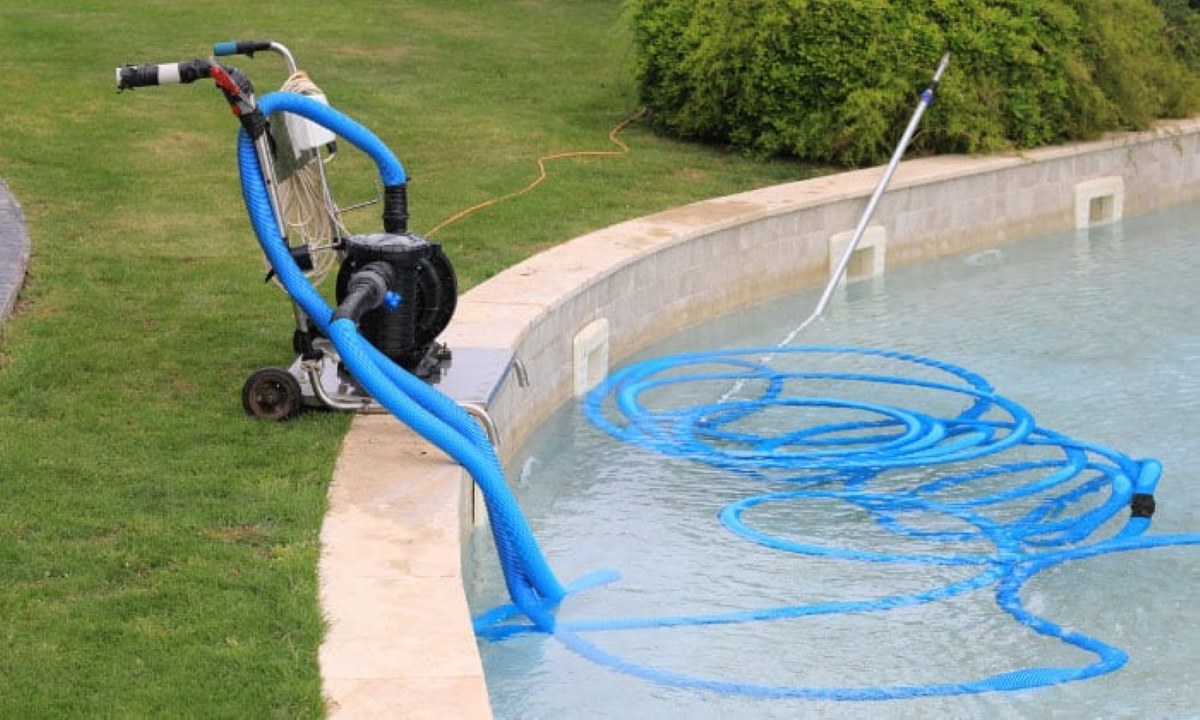

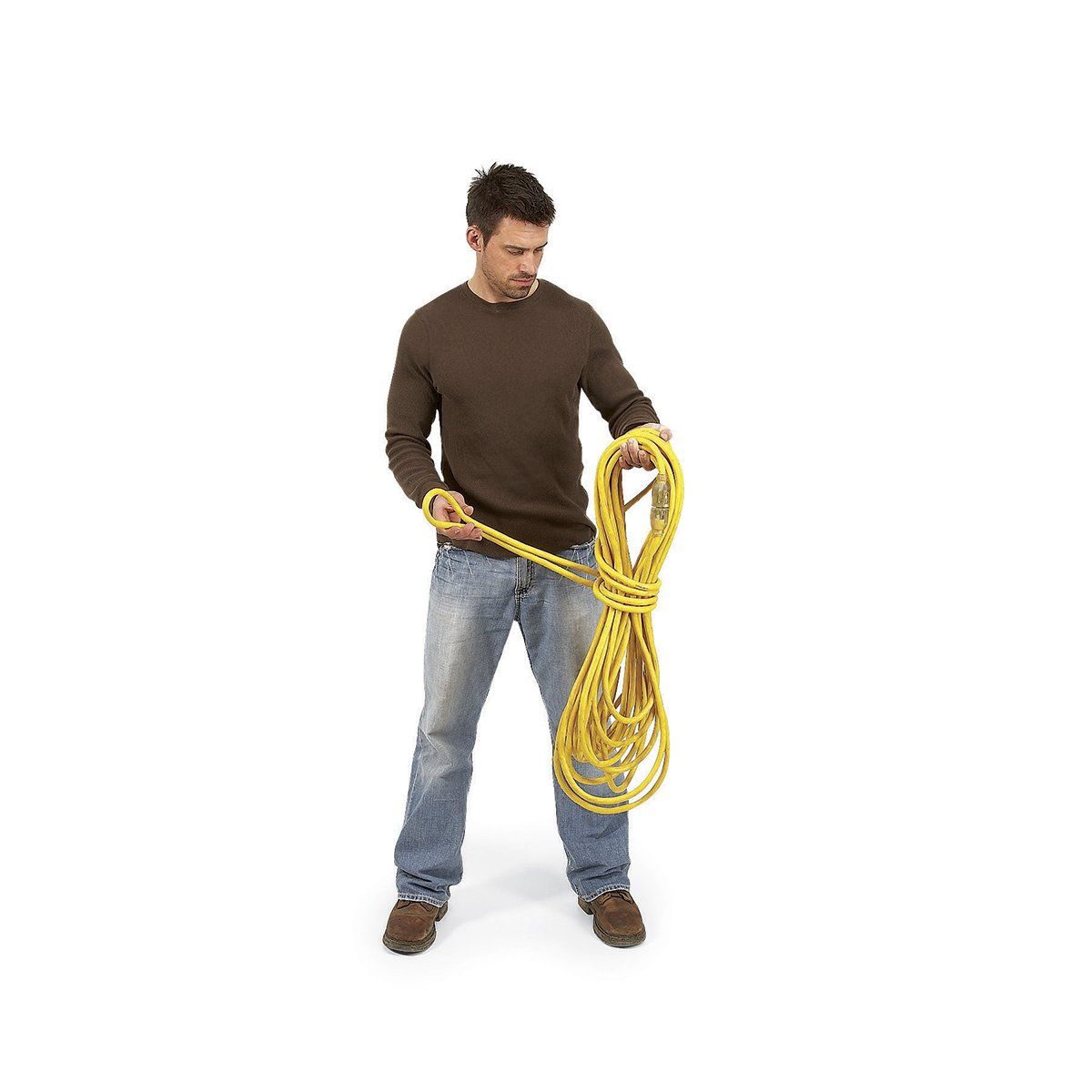

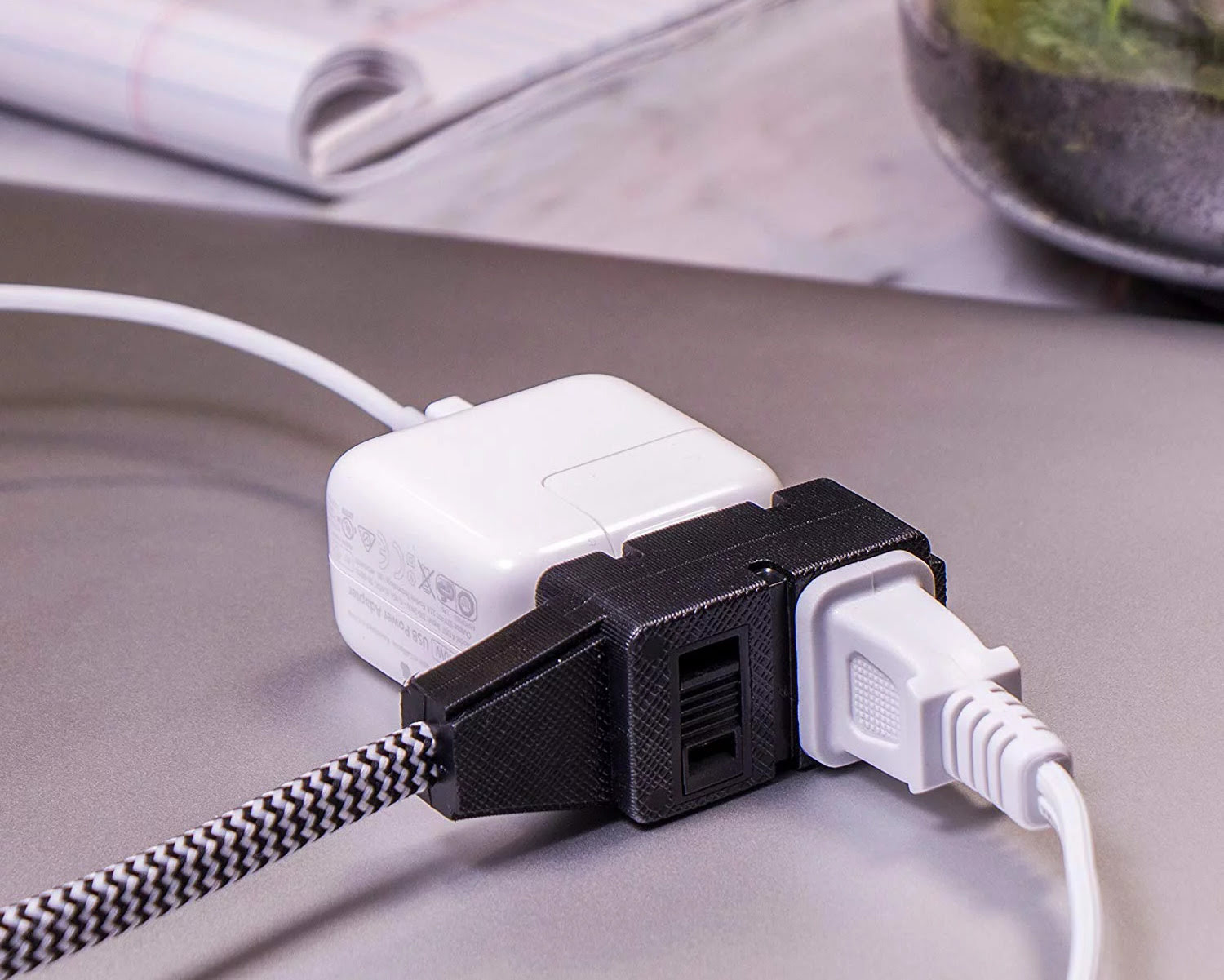
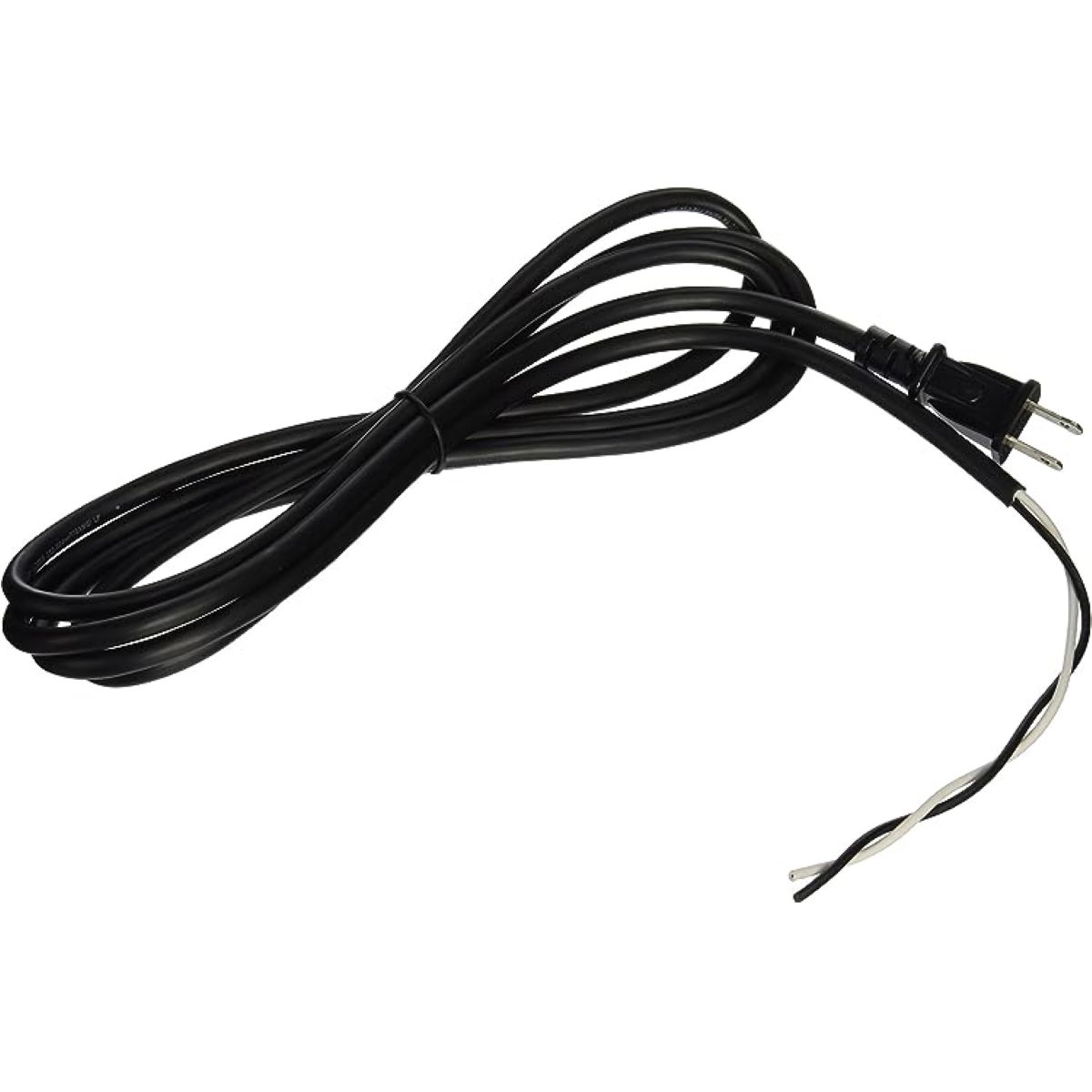
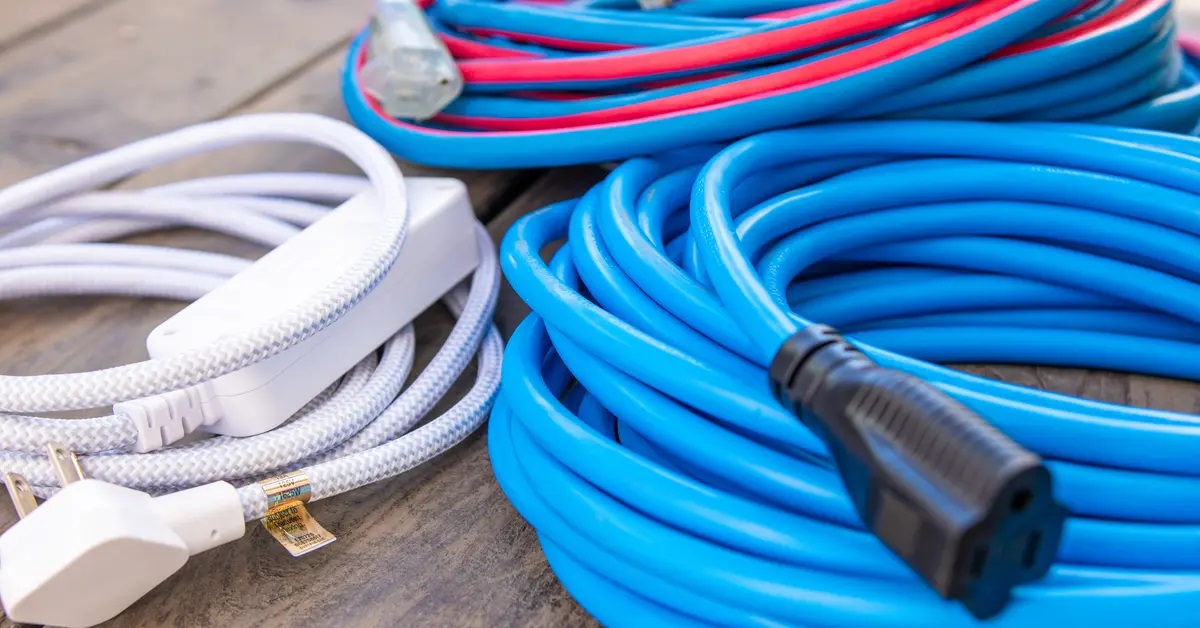
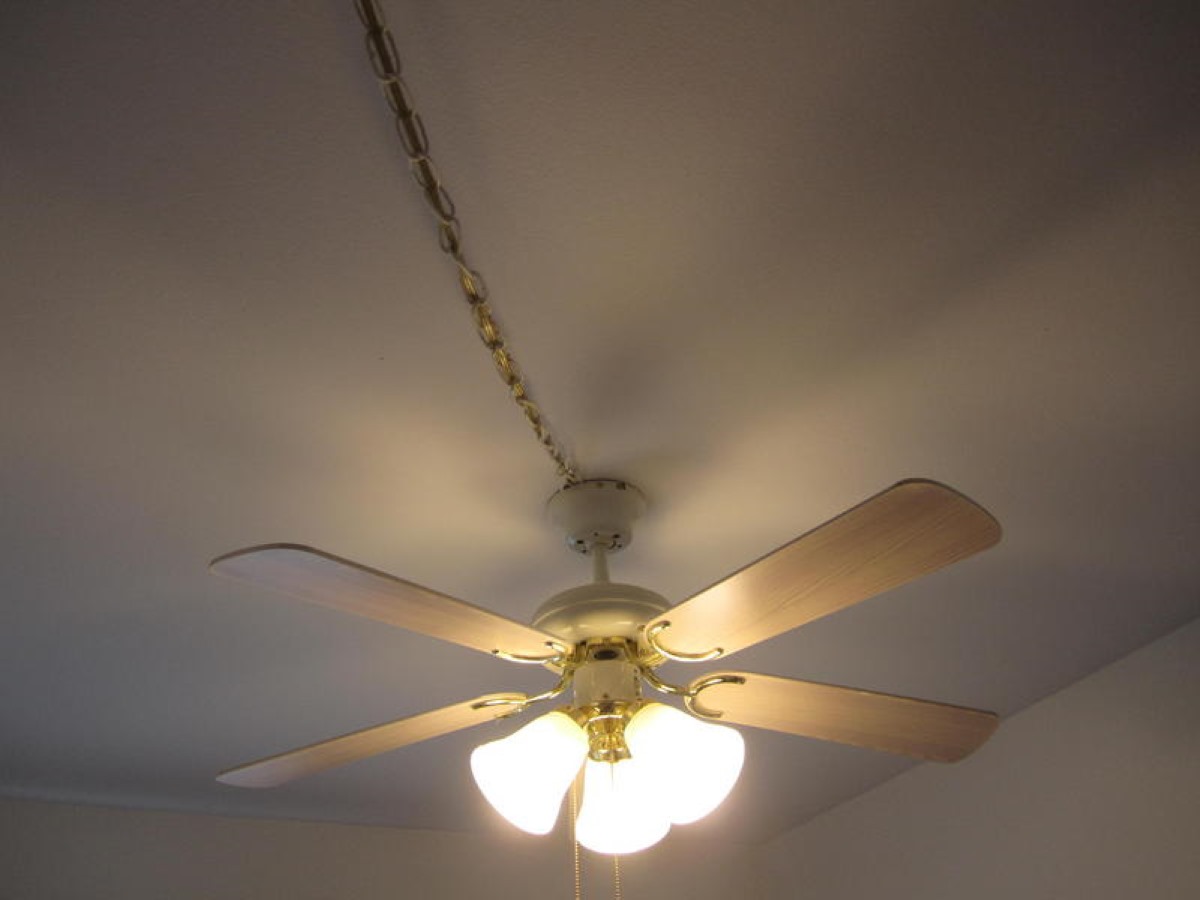
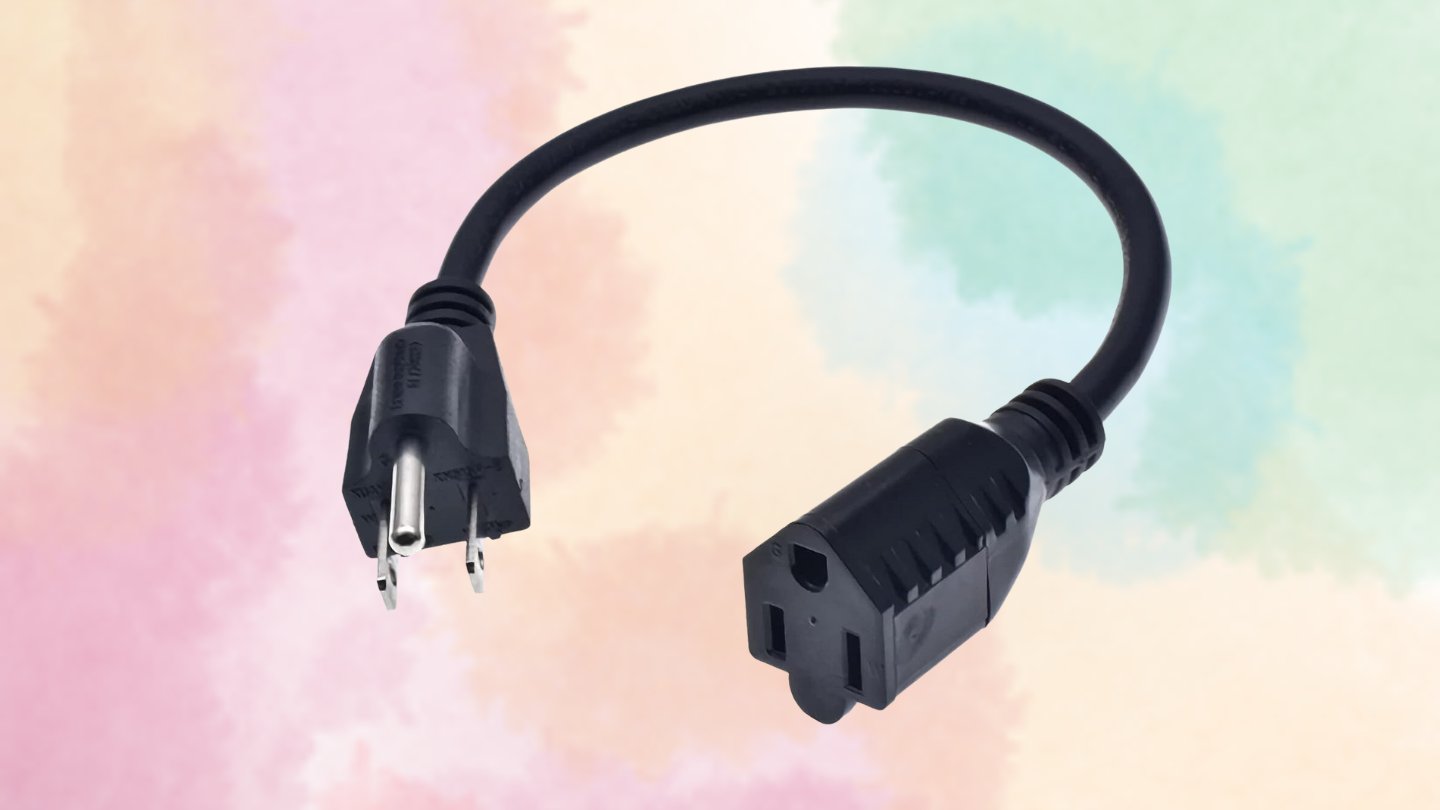
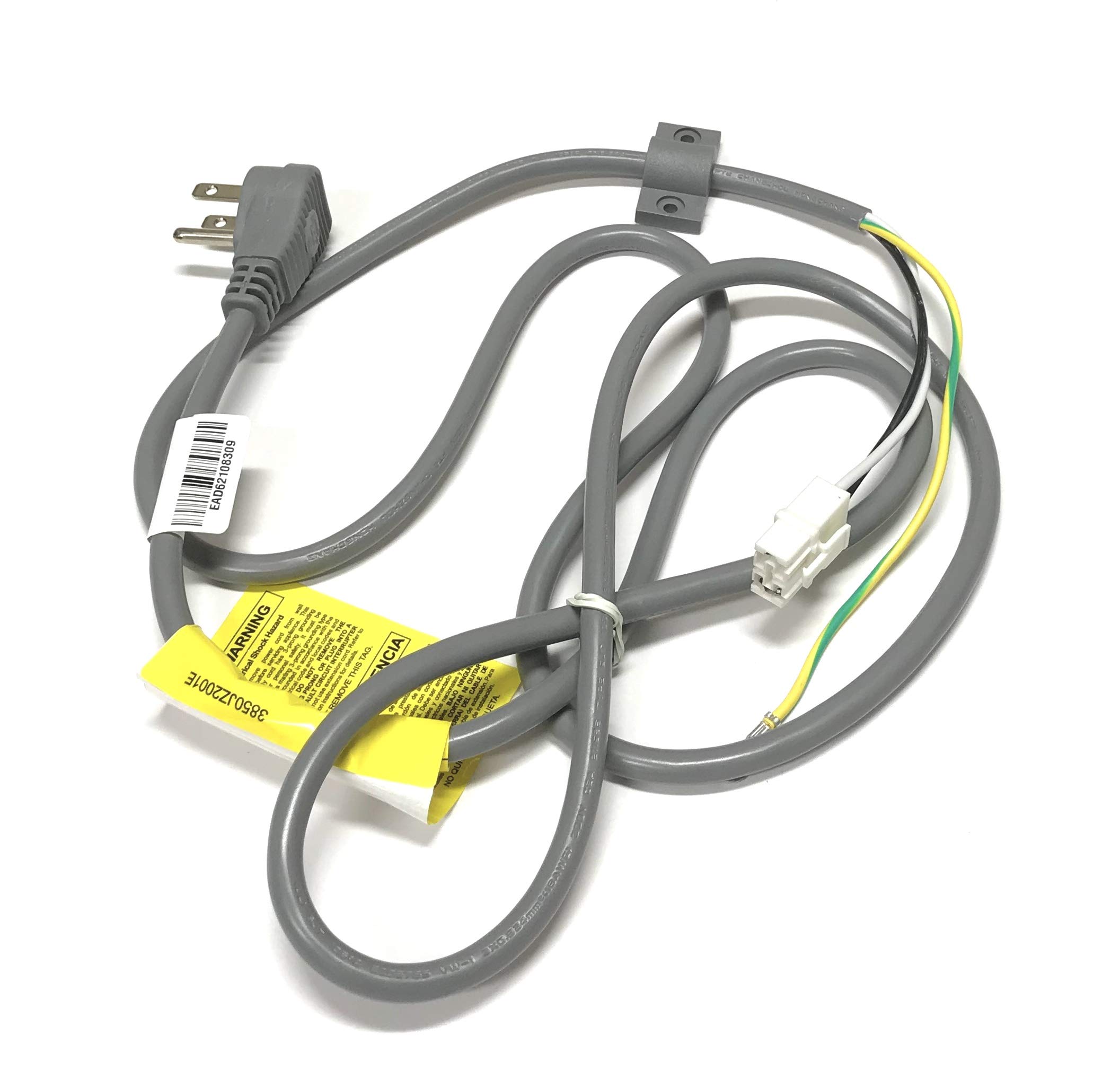
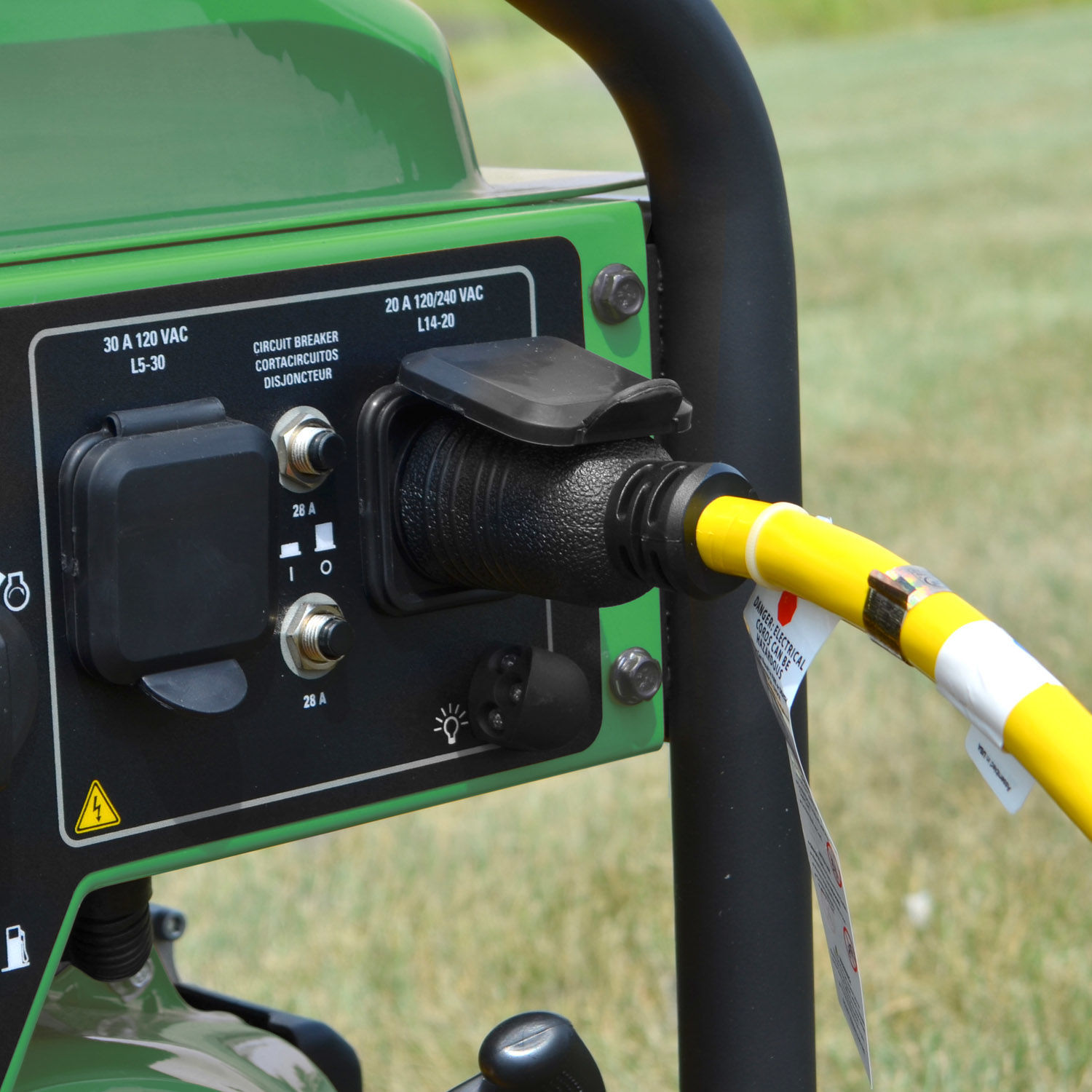

0 thoughts on “How Long Can I Use An Extension Cord”